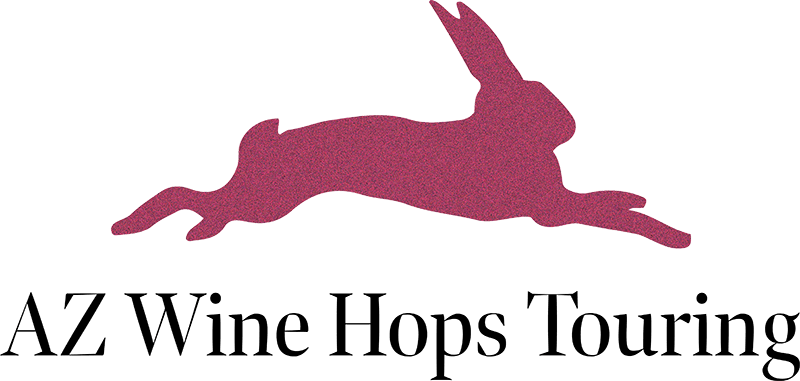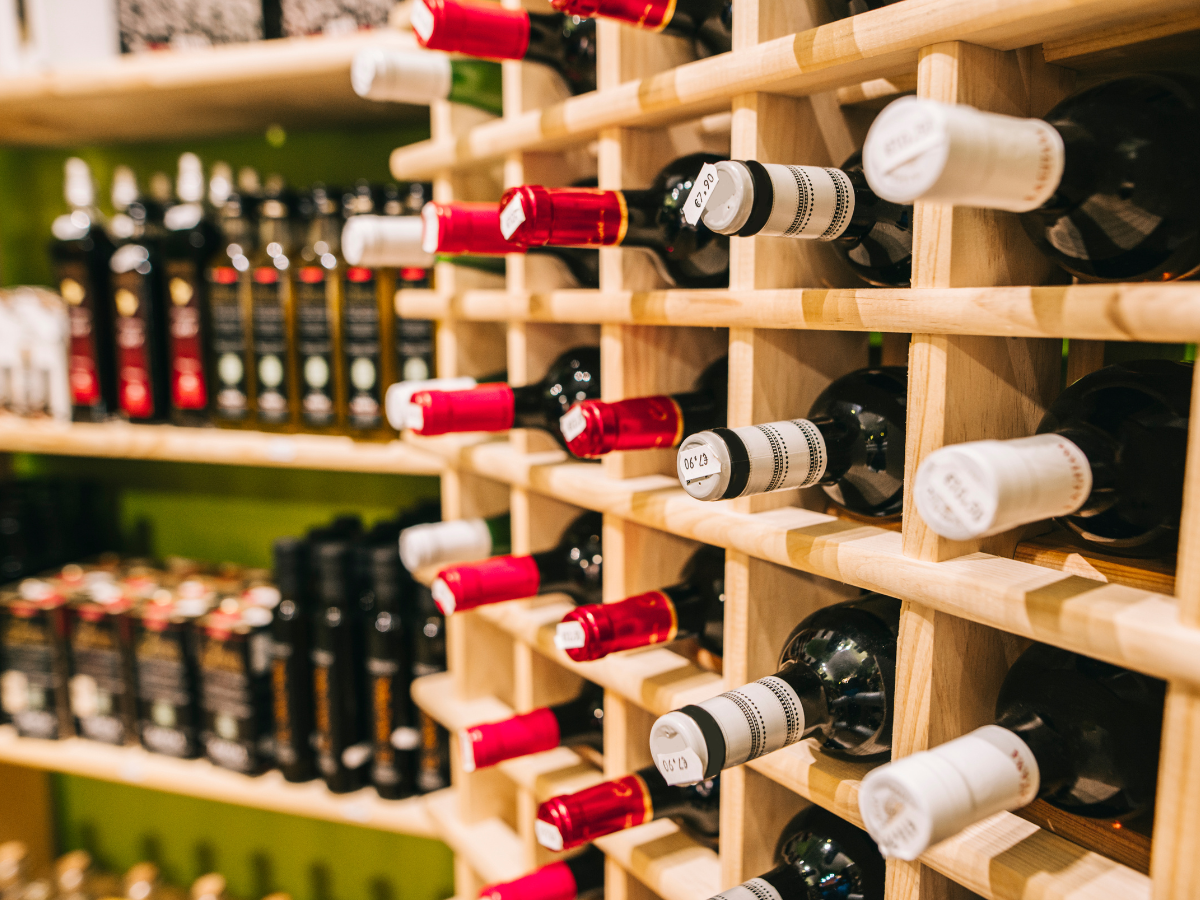Wine is a beverage treasured by many for its complex flavors and aromas. However, with wine comes the age-old question: how long does wine last unopened? The answer may depend on the type of wine and how it was stored, but there are some general guidelines to follow when keeping your favorite bottle of vino. Read on to learn more about how long wine lasts unopened.
What Affects the Longevity of Wine?
The longevity of wine is heavily affected by its type and storage conditions. White wines typically have a shelf life of up to two years past their expiration date, while reds can last up to three years. Generally, the higher quality of the wine, the longer it will last when stored correctly. The best way to ensure that your bottle of wine lasts for as long as possible is to store it in a temperature-controlled cellar or wine refrigerator.
How Long Does Wine Last Unopened?
When it comes to unopened wine, the shelf life greatly depends on the type of wine and how it is stored. White wines can last up to two years past recommended drinking window, while reds can last up to three years. If you want a longer shelf life, higher-quality wines tend to have greater longevity when stored correctly.
The ideal storage conditions for wine include cool temperatures (45-65°F), away from direct sunlight and heat sources, and in an area with consistent humidity levels. Additionally, oxygen exposure should be minimized by keeping bottles securely sealed or corked. If these conditions are not met, oxidation can occur, which will cause the flavor of the wine to deteriorate significantly. To ensure that your bottle of wine lasts as long as possible, it is best always to store it in a temperature-controlled cellar or wine refrigerator.
How Long Is Wine Good After Opening?
When dealing with opened wine, the shelf-life is significantly shorter. In most cases, an opened bottle of wine will remain at its peak quality for three to five days when stored in the refrigerator. However, some wines can last up to two weeks or more if they are properly sealed and stored away from light and heat sources. To maximize the shelf-life of your opened bottle of wine, be sure to store it in a cool, dry place away from direct sunlight and any vibrations. Additionally, ensure you securely reseal the cork or seal it with wax after every pour to minimize oxidation.
Shelf Life By Wine Type
White Wine:
White wines generally have a shorter shelf life than reds, with an unopened bottle lasting up to two years past recommended drinking window.
Red Wine:
Red wines tend to have a longer shelf life than whites, with an unopened bottle typically lasting up to three years past recommended drinking window.
Fortified Wine:
Fortified wines like Sherry and Port have a much longer shelf life than unfortified wines. An unopened bottle of fortified wine can last up to 10 years past recommended drinking window if stored in optimal conditions.
Sparkling Wine:
Sparkling wines, such as Champagne, Prosecco, and Cava, have a much shorter shelf life than other types of wine due to the presence of carbon dioxide.
Aged Wine:
The shelf life of aged wines, such as Bordeaux and Burgundy, depends heavily on how well they have been stored. If stored in optimal conditions, an unopened bottle of aged wine can last up to five years past its recommended drinking window.
Wine Preservation Tips
When storing unopened wine, there are a few essential rules to maintain its flavor and aroma over time.
Steady Temperature:
The most critical factor in preserving the quality of an unopened wine is to keep it stored at a steady temperature. The ideal temperature range for storing wine is 45-65°F, with higher temperatures affecting the flavor and aroma over time. Keeping your bottles away from direct sunlight and heat sources is important, as these can cause your wine to spoil quickly.
Low Vibration:
Keeping your bottles of wine away from vibration sources is another critical factor to consider when preserving their quality. Vibration can cause the wine to oxidize and lose its flavor, so storing them in a quiet, cool place free of movement is best. This includes avoiding storing wines near appliances that emit vibrations, such as refrigerators and washing machines. Additionally, gently rocking bottles of wine on their sides can help preserve the flavor and aroma.
Humidity:
It is also essential to maintain consistent humidity levels when storing unopened wine. Too much or too little humidity can affect the flavor and aroma over time, so keeping your bottles in an area with 40-70% relative humidity is best. Additionally, keeping your bottles away from any water sources, such as leaky pipes or sinks, is important to prevent the wine from being exposed to too much moisture.
Secure Sealing or Corking:
It is essential to keep bottles securely sealed or corked at all times to avert oxygen from entering the bottle and spoiling your wine. This means ensuring that bottles are tightly closed with their original corks or wax seals intact, as any damage can lead to oxidation and spoilage over time. Additionally, ensure the bottles are stored horizontally on their sides to avoid any air bubbles from forming, as they can affect the taste of the wine.
Cool, Dark Space:
Keeping the bottles in a cool, dark space is important when storing unopened wine. This means avoiding areas with excessive heat or light and maintaining consistent temperatures.
How To Tell Your Unopen Wine Spoiled:
If you are unsure if a bottle of unopened wine has gone bad, there are several signs to look out for:
- Check the cork or wax seal for any damage or leakage.
- Smell the cork and see if it has an off aroma.
- Tilt the bottle and observe the color of the liquid inside; if it appears darker than it should be, it is likely spoiled.
- If all of these factors seem normal, give it a taste. If it tastes strange or has a vinegar-esque flavor, it’s best to discard it.
In conclusion, the shelf life of unopened wine can vary depending on several factors, but generally speaking, it can last for years. So, feel free to stock up on your favorite bottles and save them for a special occasion. Remember to store them properly and enjoy them responsibly when the time comes. Cheers to a long and happy life for your unopened wine!
If you’re interested in learning more about wine- from the types of grapes used to the wine-making process to tasting some fantastic wine, schedule a tour with us! You will have the opportunity to visit some of the best wineries in Tucson!



